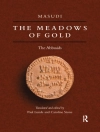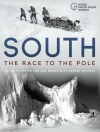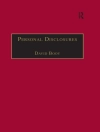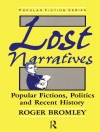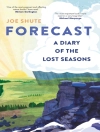In ‘Discourses on Satire and on Epic Poetry, ‘ John Dryden presents a fascinating exploration of two significant literary forms that shaped the 17th-century English literary landscape. This collection emphasizes the interplay between satire and epic poetry, dissecting their structures, artistic merits, and moral implications. Dryden’s prose is characterized by its rich rhetorical devices and insightful criticism, situated within the context of Restoration England, where he navigates the complexities of genre and societal commentary in the wake of political upheaval and literary innovation. His analytical approach reveals both the potential and limitations of satire, paralleling the grandeur and gravity associated with epic poetry. John Dryden (1631-1700), a prolific poet, critic, and playwright, is often regarded as the father of English literary criticism. His lifetime encompassed the tumult of the English Civil War and the subsequent Restoration, which undeniably influenced his perspectives on art and governance. His experiences as a court poet and his engagement with contemporary literary debates provided him with a unique lens through which to evaluate the functions of satire and epic in shaping public discourse and moral thought. ‘Discourses on Satire and on Epic Poetry’ is essential reading for scholars and enthusiasts alike, offering profound insights that resonate beyond its historical context. Dryden’s critical examination encourages readers to appreciate the intricacies of genre while reflecting on their relevance in modern literary and cultural dialogues. This work not only enhances one’s understanding of Dryden’s contributions but also invites contemplation on the enduring power of satire and epic forms.
A propos de l’auteur
John Dryden (1631–1700) was an influential English poet, literary critic, translator, and playwright who dominated the literary life of Restoration England to such a point that the period came to be known in literary circles as the Age of Dryden. His work includes a vast array of literary forms, ranging from drama and poetry to criticism and translation. Dryden’s prose work ‘Discourses on Satire and on Epic Poetry’ is one of his most significant critical essays, reflecting his views on the art forms in which he himself excelled. This work underscores Dryden’s positions on aesthetic matters, showing his preferences for the ancients over the moderns and highlighting the rules of composition derived from the classics. He is known for his polished and sophisticated style, a mastery of the heroic couplet, and a capacity to meld the traditions of classical literature with the complexities of contemporary politics and his own experiences. Dryden’s influence was extensive, shaping not only literature but also offering critical frameworks that persisted well into the 18th century. His contributions to English literature were recognized in his own time and remain a subject of scholarly discussion to this day.


